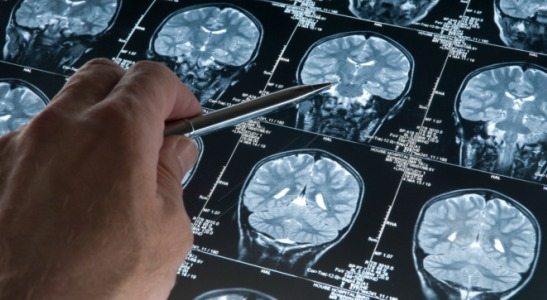Riddell, the leader in football helmet technology and innovation, and the Translational Genomics Research Institute (TGen), a leader in cutting-edge genomic research, has began the third year of a study to advance concussion detection and treatment with the Pac-12’s Arizona State University and its Sun Devil football program.
Researchers are working to identify biomarkers released from the brain that provide definitive evidence of concussion. The innovative study uses blood, saliva and urine samples collected from Sun Devil football student-athletes who volunteered to participate in this research combined with player head impact data collected through Riddell’s Sideline Response System (SRS). Each year of this research collaboration brings a new understanding of molecular changes resulting from head impact exposure with the desired objective being to find a definitive, objective method to diagnose concussions and mild traumatic brain injury (mTBI).
“Riddell’s continued participation in this potentially game-changing research, with leading institutions like ASU, TGen and their partners, is another example of our commitment to ‘Smarter Football,’” said Dan Arment, President of Riddell. “Together we are advancing player protection and furthering important research that has the potential to forever change athlete concussion diagnosis and treatment in football and beyond.”
In addition to baseline samples collected during pre-season workouts, TGen faculty and staff collect samples and data during all practices and home games.
“All of sport needs a definitive test that will objectively define when an athlete is injured, and we are excited about the prospect of developing such a test through this study,” said Dr. Kendall Van Keuren-Jensen, TGen Associate Professor and co-leader of the study. “Equally exciting is the prospect of serving the larger medical community dealing with multiple forms of head injury.”
Select Sun Devils players’ football helmets are equipped with sensors from the Riddell SRS to obtain real-time head impact data on the frequency and severity of head impacts experienced during games and practices. Impacts are analyzed alongside genetic information from players that experience a concussion with the objective of helping physicians diagnose concussion and better identify when a player might be expected to recover and return to the field.
“Our primary mission as an athletics department is to serve our student-athletes and our community, and continuing this study for a third year accomplishes both of these goals,” said Ray Anderson, Vice President of University Athletics and Athletics Director. “We pride ourselves on being innovative and on our willingness to help further a game we all value, and, along with industry leaders Riddell and TGen, we are looking forward to spending another season helping shape the future of football.”
The study also provides key insights to Riddell to help improve its monitoring and alerting technologies like Riddell SRS, used primarily at the elite level of football, and its InSite Impact Response System, used by thousands of players across youth, high school and college football. Data from the project would help refine the types of impacts that the system should alert the sideline to using the knowledge of biomarkers and impact profiles. Riddell’s football helmet designs could also evolve with continued understanding of the correlation between impact locations and particular biomarkers.




